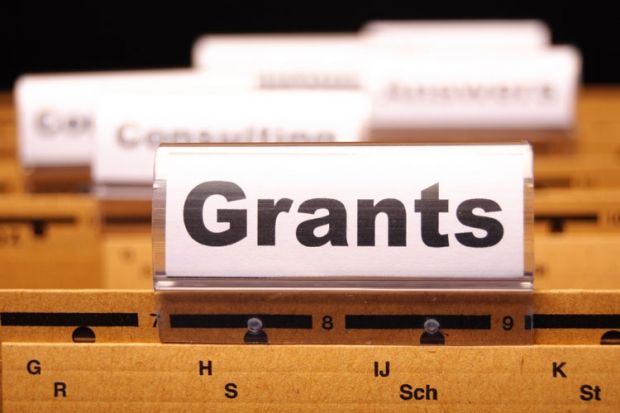National Institutes of Health Research
Public Health Research Projects
- Award winner: Neil Humphrey
- Institution: University of Manchester
- Value: £561,315
Universal school-based prevention: examining the impact of the Good Behaviour Game on health-related outcomes for children
- Award winner: Lucy Platt
- Institution: London School of Hygiene and Tropical Medicine
- Value: £482,441
Measuring the impact of reducing police enforcement on sex workers’ health in East London: a mixed-method evaluation of a natural experiment
- Award winner: Kate Jolly
- Institution: University of Birmingham
- Value: £328,980
Assets-based feeding help Before and After birth (ABA): feasibility study for improving breastfeeding initiation and continuation
Leverhulme Trust
Research Project Grants
- Award winner: Malcolm Bennett
- Institution: University of Nottingham
- Value: £283,147
Watching plants drink: imaging where, when and how roots take up water
- Award winner: Maurice Elphick
- Institution: Queen Mary University of London
- Value: £113,015
From starfish to sex: the origins of kisspeptin signalling
- Award winner: William Curran
- Institution: Queen’s University Belfast
- Value: £123,378
The importance of social context in interpreting and generating laughter
Major Research Fellowships
- Award winner: Richard Bell
- Institution: University of Nottingham
- Value: £152,587
The theology of Richard Wagner’s Ring Cycle
- Award winner: Ulrike Roth
- Institution: University of Edinburgh
- Value: £146,288
The child face of Roman slavery
Arts and Humanities Research Council
Research Project Grants
- Award winner: Christoph Hoerl
- Institution: University of Warwick
- Value: £482,826
Time: between metaphysics and psychology
- Award winner: Sasha Handley
- Institution: University of Manchester
- Value: £80,611
How we used to sleep
- Award winner: Katherine Astbury
- Institution: University of Warwick
- Value: £72,612
Staging Napoleonic theatre
In detail
Award winner: Michael Silk
Institution: Bournemouth University
Value: £557,003
Re-presenting para-sport bodies: disability and the cultural legacy of the Paralympics
Media coverage of para-sports often celebrates Paralympians as “superhuman”; but what benefit have people with disabilities gained from this? According to previous research from the University of Bournemouth, the vast majority of people with disabilities remain unaffected by the Paralympic Games, coverage of which often focuses on “palatable and aesthetically pleasing” forms of disability. Michael Silk, director of the Sport and Physical Activity Research Centre at the University of Bournemouth, will lead research using focus groups, data collection and interviews with broadcasters. The group will study the influences on media coverage of para-sports, how this coverage affects attitudes towards people with disabilities, and how coverage could be adapted to be more broadly beneficial, inclusive and free of stereotypes. Their findings will be presented through a public exhibition and documentary film.
Register to continue
Why register?
- Registration is free and only takes a moment
- Once registered, you can read 3 articles a month
- Sign up for our newsletter
Subscribe
Or subscribe for unlimited access to:
- Unlimited access to news, views, insights & reviews
- Digital editions
- Digital access to THE’s university and college rankings analysis
Already registered or a current subscriber? Login
